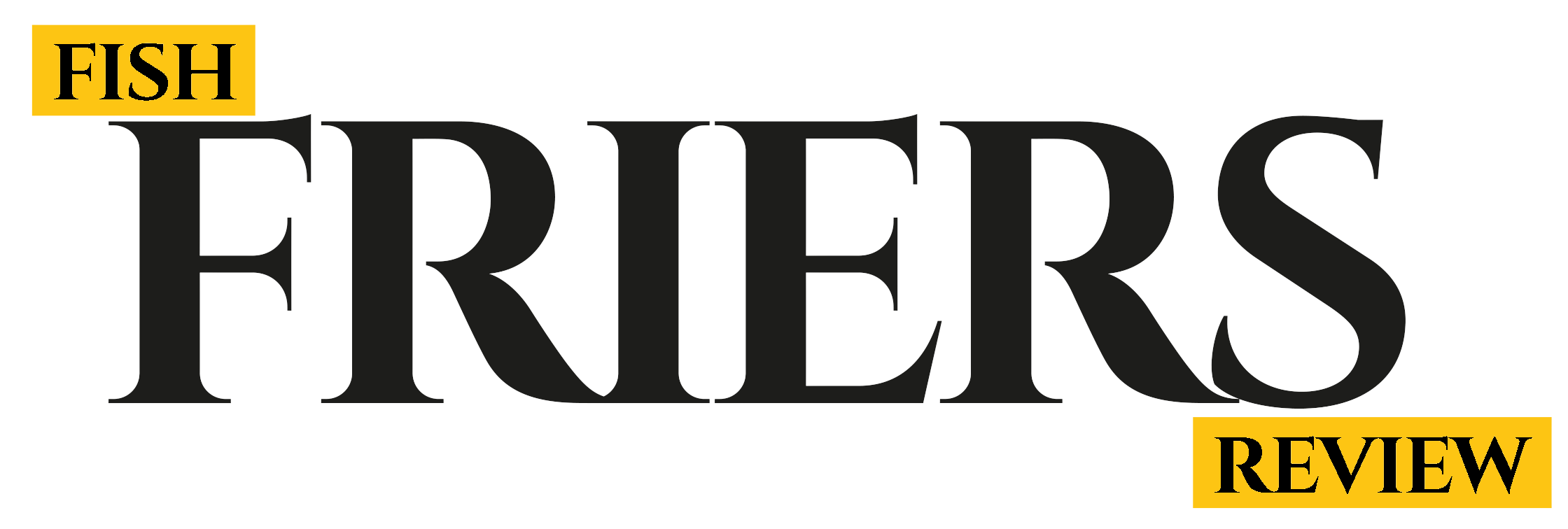The Frozen At Sea Fillets Association (FASFA) welcomes the recent announcement of the quota allocation for the Norwegian and Russian bilateral agreements.
The cod and haddock on which British Fish and Chip shops depend on are sustainable and harvested in a responsible manner, backed by rigorous scientific research. Coming from the deep cold clear waters of the North Atlantic and the Barents Sea, these are the biggest cod and haddock stocks in the world and the greatest source of supply to the UK market. These stocks remain healthy and are thriving.
To bring some facts and clarity to fruition, it’s important to highlight that cod and haddock fisheries are continuously subject to careful and scientific management which helps ensure their health and sustainability. This is achieved by all the partners within the supply chain being united and working together. It is where we see some of the strongest collaborative work in bringing together science and industry to achieve a shared goal to safeguard the future of this valuable resource.
The cod and haddock biomass in the North Atlantic has been close to its historical highs in recent years, we are therefore seeing a reduction in the quota for 2022. This is a cautionary measure to adapt to natural fluctuations in the cod and haddock stock. We are pleased to say that the biomass and the quota for 2022 still remain well above historical averages. The quota for cod will be 708,480 MT and haddock 178,532 MT for 2022.

Julie Waites, Executive Director of FASFA said:
“‘The scientific advice and bilateral agreement between Norway and Russia safeguard’s the interest of the fishing industry between these two countries and ensures the fisheries are healthy and sustainable.
FAS fillets are caught in line with scientific and legislative recommendations, so you can be sure that cod and haddock can be eaten with a clear conscience now and in the future.’’

